Update (November 10, 2020): Pfizer and BioNTech announced in a press release yesterday that their candidate COVID-19 vaccine was found to be more than 90 percent effective in preventing infection by the novel coronavirus in Phase III trials. The study’s first interim efficacy analysis of the vaccine showed the high response rate among 94 confirmed cases of COVID-19 in trial participants. The participants had no prior evidence of being exposed to SARS-CoV-2.
The ongoing Phase III trial continues to evaluate the mRNA vaccine in close to 44,000 individuals. So far, no serious adverse effects have been reported in the study.
An independent data monitoring board conducted the analysis. Two injections of the vaccine were given to participants and the analysis looked for cases of COVID-19 seven days after the second dose. Pfizer has now said it will also look for cases 14 days after the second dose.
It remains unclear how long immunity lasts, which is an important factor in determining how beneficial the vaccine will be.
While the study results quickly made headlines around the world, experts say they need to see the actual data to get a better picture of the efficacy results. For example, it is not known what patient populations the cases are being prevented in. The vaccine may work differently in the elderly and other vulnerable groups who require the most protection.
The preliminary results have not been published in a peer-reviewed journal yet. Despite this, Pfizer’s stocks surged yesterday amid excitement surrounding the news, as people cling on to hope for a pandemic-ending vaccine to be available soon.
The US Food and Drug Administration (FDA) says that for a vaccine to be approved, it must be 50 per cent effective, ideally for preventing the disease, but possibly for only preventing severe disease.
The World Health Organization (WHO) cites similar recommendations but says it prefers vaccines to have at least 70 per cent efficacy across the whole population, particularly in the elderly. The WHO also says the vaccine must confer protection for at least six months, and ideally at least one year.
Pfizer plans to go full steam ahead with its application for an Emergency Use Authorization (EUA) from the FDA soon after the required safety milestone is achieved, which according to the company, is expected sometime during the third week of November. Pfizer and German partner BioNTech reportedly already have two months of safety data for half of the patients enrolled in the trial.
Originally published on July 6, 2020:
An experimental COVID-19 vaccine developed by US pharmaceutical giant Pfizer in partnership with German biotech firm BioNTech has shown potential efficacy and favorable tolerability in ongoing early stage human trials.
Preliminary results of the study were released in a paper on the online preprint server medRXiv, which means that it has not yet been peer-reviewed or published in a journal.
The early data is for one of four COVID-19 vaccines currently being tested in clinical trials by the companies as part of Pfizer’s BNT162 mRNA-based vaccine program called ‘Project Lightspeed’ for SARS-CoV-2, the virus causing the current global pandemic.
Kathrin Jansen, Senior Vice President and Head of Vaccine Research & Development at Pfizer, said in a company press release, “We are encouraged by the clinical data of BNT162b1, one of four mRNA constructs we are evaluating clinically, and for which we have positive, preliminary, topline findings.” She added, “We are dedicated to develop potentially groundbreaking vaccines and medicines, and in the face of this global health crisis, we approach this goal with the utmost urgency. We look forward to publishing our clinical data in a peer-reviewed journal as quickly as possible.”
The early stage trial is evaluating the safety profile and immunogenicity of the vaccine.
“These first trial results show that the vaccine yields immune activity and causes a strong immune response,” said BioNTech’s co-founder and Chief Executive Officer Ugur Sahin.
Related: Moderna’s COVID-19 Vaccine Fast-Tracked to Phase II Trials
The investigational vaccine, called BNT162b1, is a lipid nanoparticle-formulated, nucleoside-modified, mRNA vaccine bearing mRNA that encodes the receptor binding domain (RBD) (in trimerized form) of the SARS-CoV-2 spike (S) protein, which is involved in attachment and entry of the virus into host cells.
The Phase I/II trial is a placebo-controlled, observer-blinded dose escalation study being conducted in healthy adults between the ages of 18 and 55. The participants were randomized to receive two doses of either 10, 30 or 100 µg at a 21-day interval.
Study Data
The first part of the study included 45 adults, 24 of whom received two injections of 10 µg and 30 µg, 12 who received a single injection of 100 µg and nine who received two doses of placebo control. For those that were administered the two doses, the second dose served as a booster shot.
According to Pfizer’s press report, it was observed that after 28 days, people who received the double dose had higher levels of neutralizing COVID-19 antibodies in their serum than typically seen in people who contract the infection and recover from it. The neutralizing geometric mean titers (GMT) were 168 and 267 for the 10 µg and 30 µg dose levels, respectively, corresponding to 1.8- and 2.8-times the neutralizing GMT value of 94 observed in a panel of 38 sera from subjects who had contracted SARS-CoV-2. In addition, due to a strong vaccine booster effect, the highest neutralizing titers were observed seven days after the second dose of 10 µg or 30 µg (i.e. on day 28) after vaccination.
The 12 subjects who received the single 100 µg injection exhibited a SARS-CoV neutralizing GMT of 33, which is 0.35-times the GMT of the convalescent serum panel.
While no significant adverse events were reported, in those who were administered the two injections, the higher of the two doses (30 µg) resulted in a short fever in three out of four subjects after the second shot. Local reactions, the most common being injection site pain, and systemic events after injection were dose-dependent, mild to moderate and transient.
A greater number of people experienced local reactions and systemic events after the single 100 µg dose, with no significant increases in immunogenicity compared to the 30 µg dose – because of this, the 12 participants in that group were not administered a second dose.
Despite the promising results, “We still have a ways to go and we’re testing other candidates as well,” said Philip Dormitzer, Chief Scientific Officer for viral vaccines at Pfizer’s research laboratories. “However, what we can say at this point is there is a viable candidate based on immunogenicity and early tolerability safety data.”
Sahin also echoed this, saying that larger trials are being prepared to show whether this translates into protection against a real infection.
Future Steps
BioNTech and Pfizer have plans to select one of four of the experimental vaccines for a trial involving up to 30,000 healthy participants. The trial may begin in the US and Europe in late July if the vaccine wins regulatory approval.
Additionally, if the companies also get marketing approval, they have plans to make up to 100 million doses of the vaccine by the end of 2020, and another 1.2 billion doses by the end of 2021 at sites across the US and Germany.
According to the Milken Institute, 14 COVID-19 vaccines are currently in human trials, which include candidates from Inovio, CanSino, AstraZeneca, Moderna and CuePharma. Merck, Johnson & Johnson and Sanofi are expected to begin clinical trials for their vaccine candidates soon.
At present, there are a total of 178 vaccines in various stages of development around the world. This is good news as experts say that no one successful vaccine can be manufactured in enough quantities to meet the global demand of billions of doses, which will be required to vaccinate the entire population.

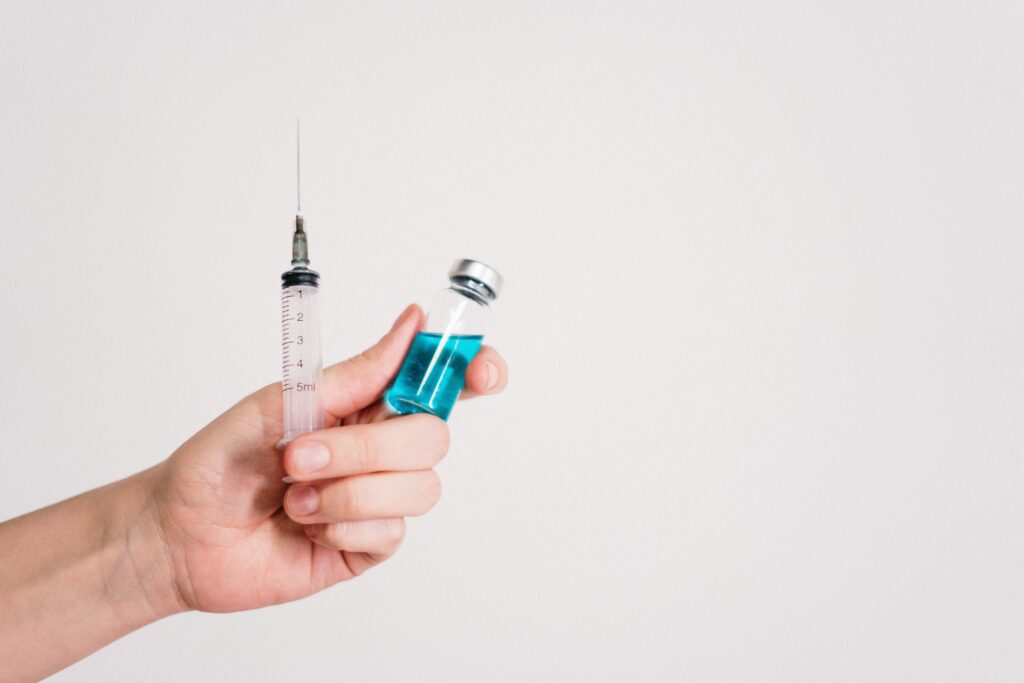
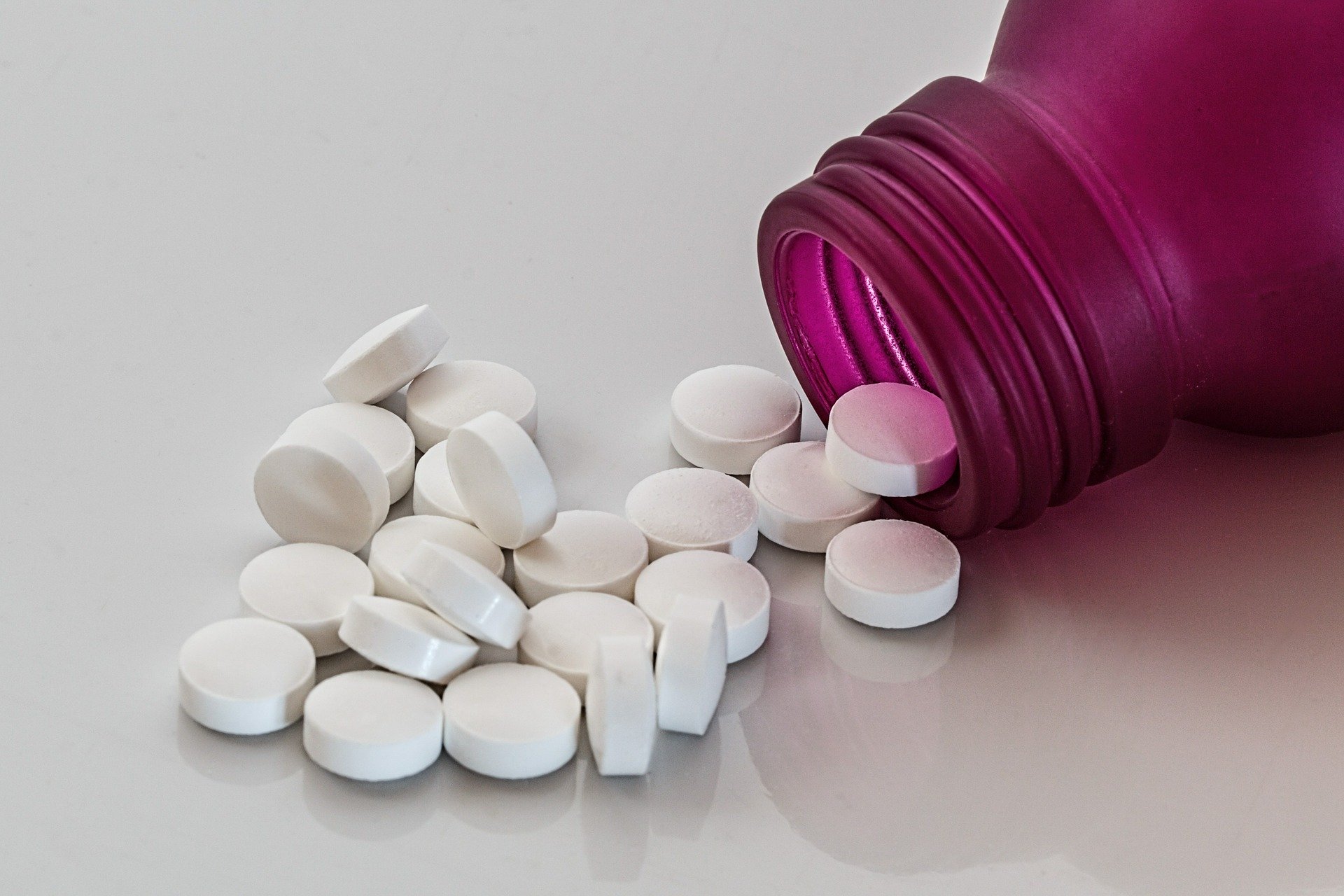
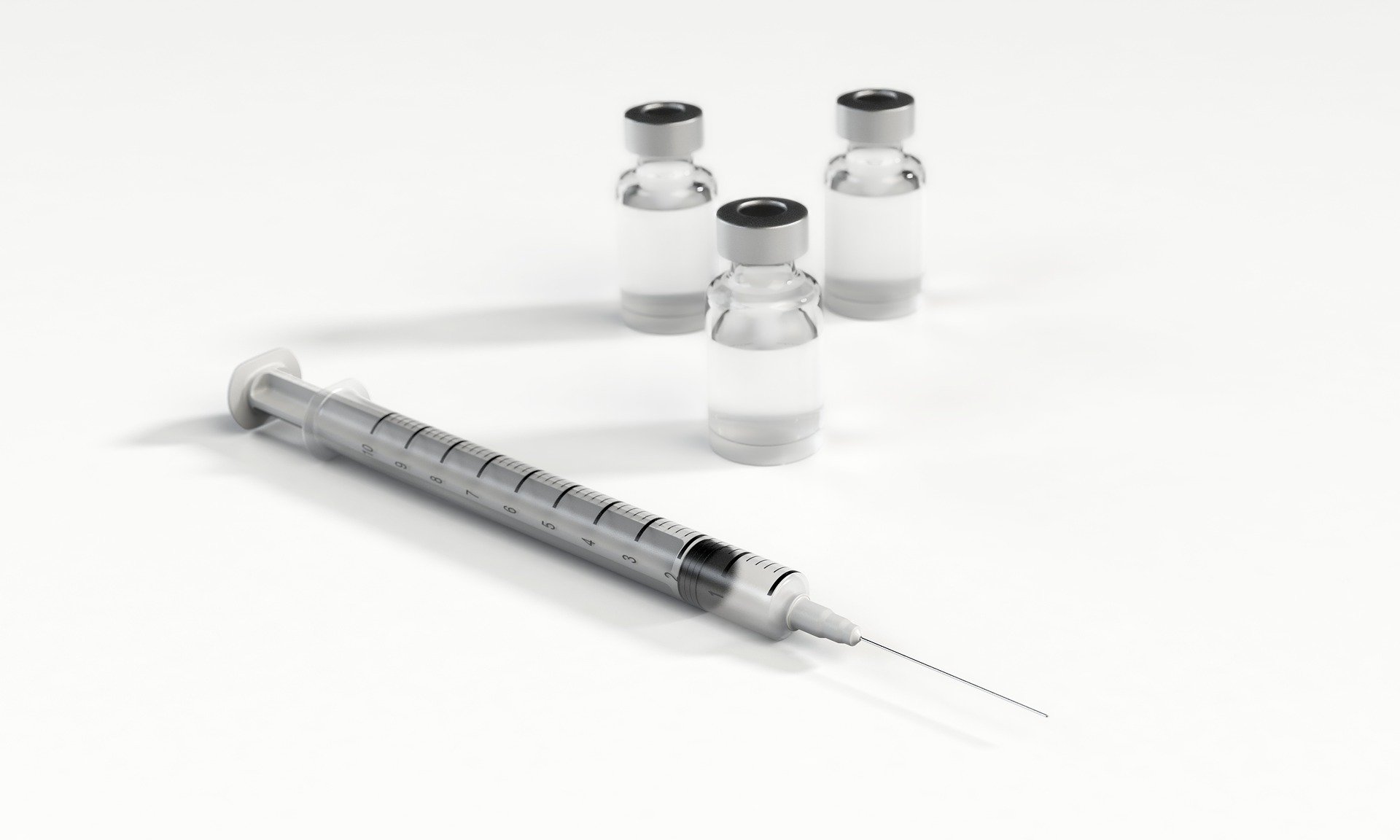
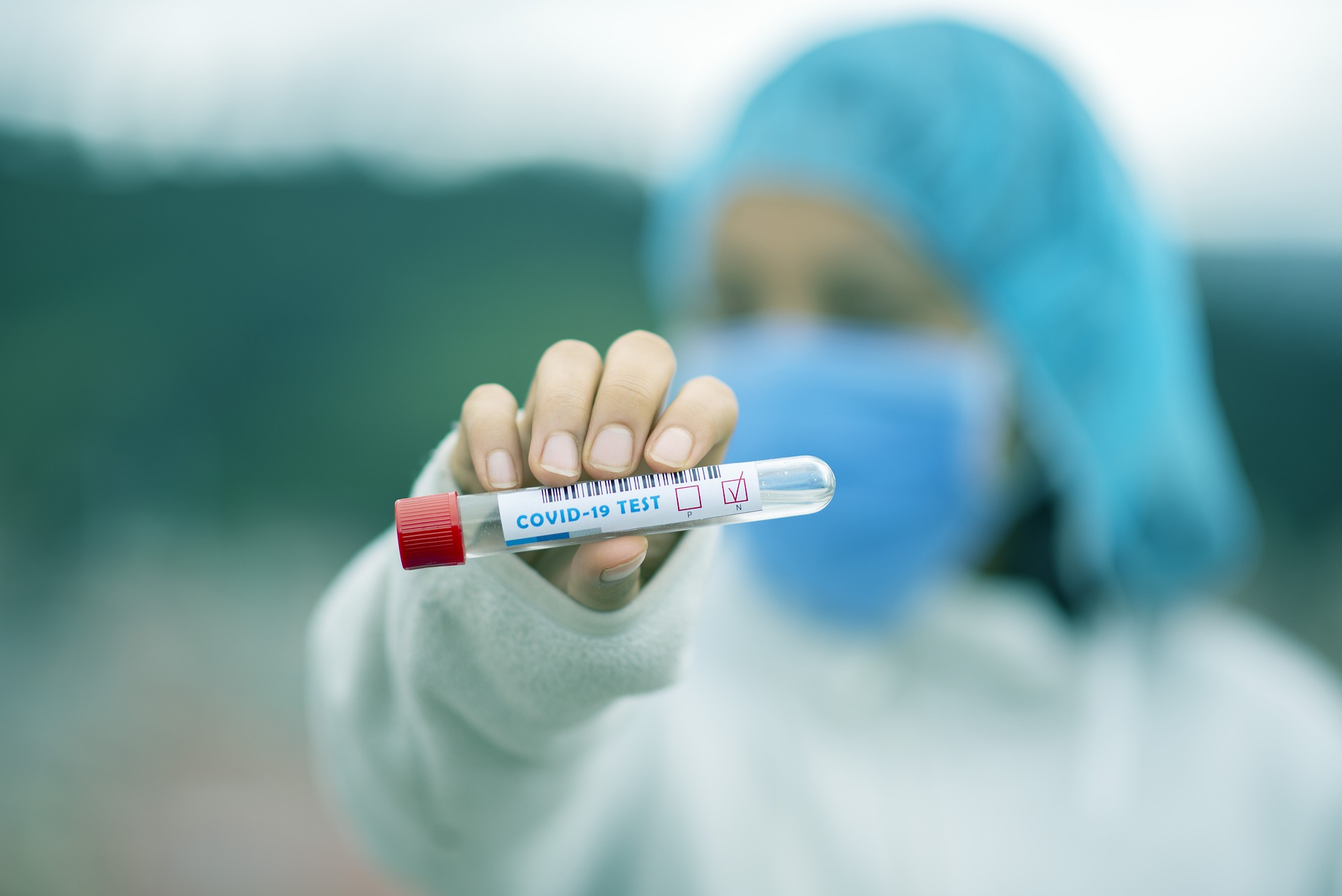
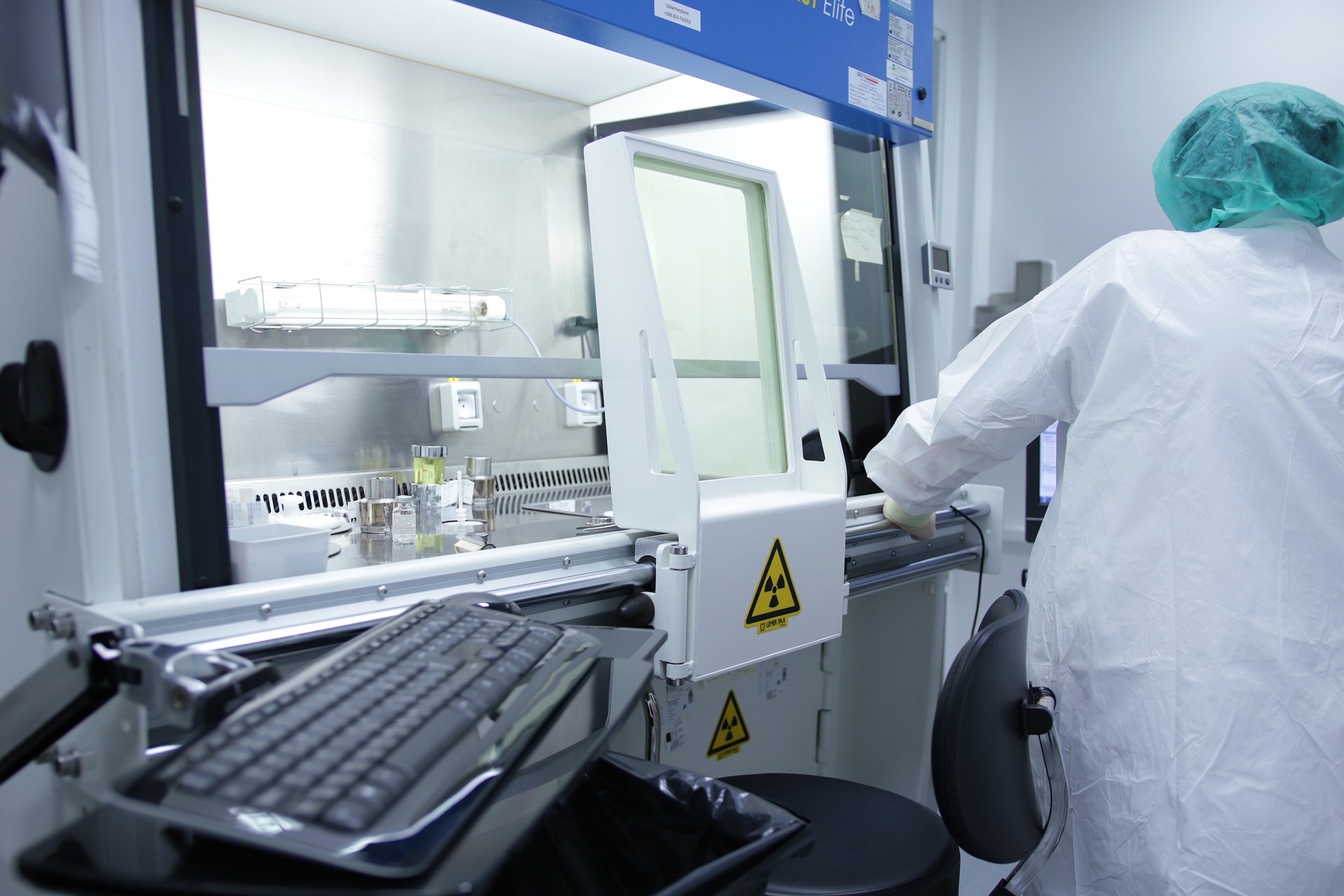
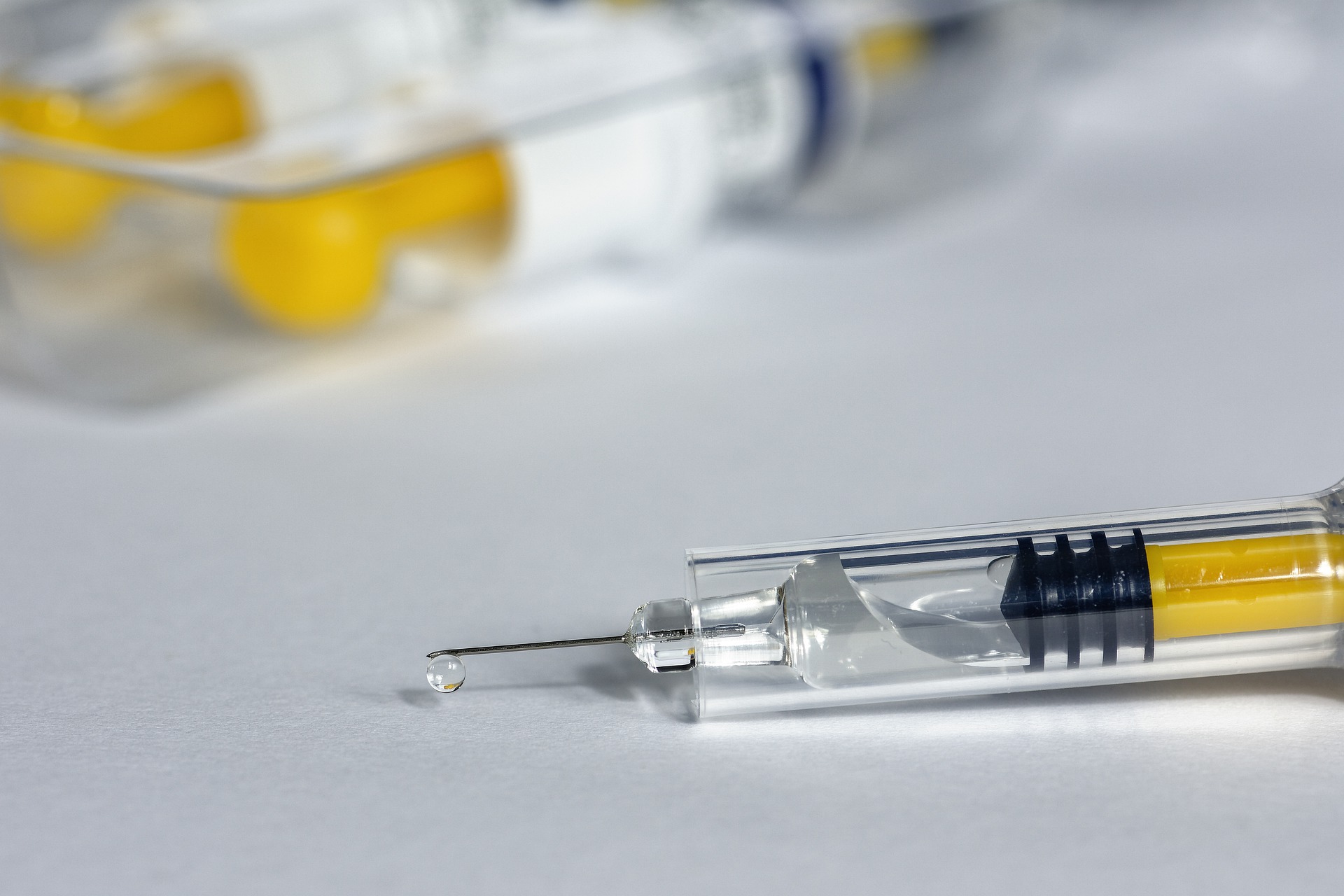





Join or login to leave a comment
JOIN LOGIN